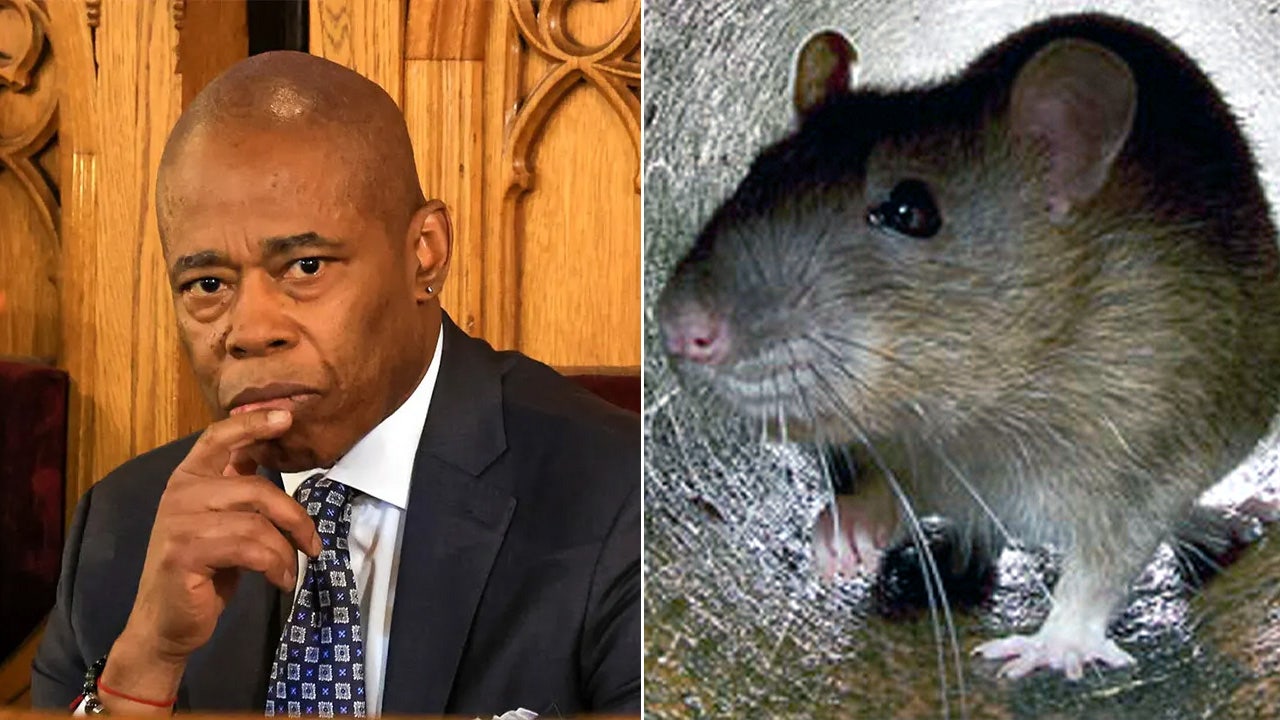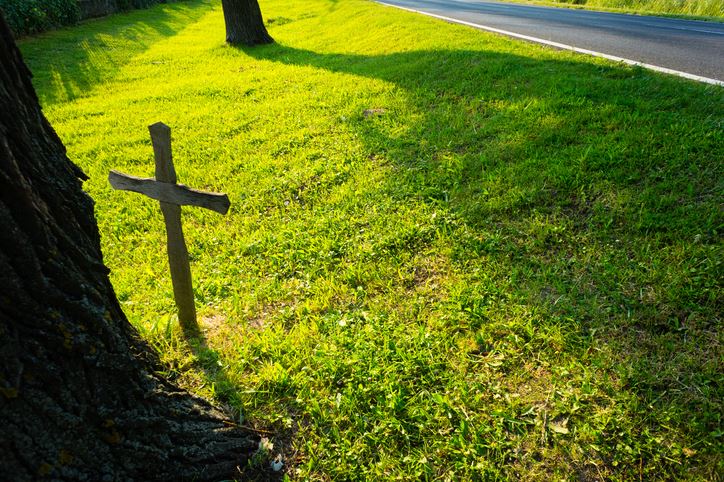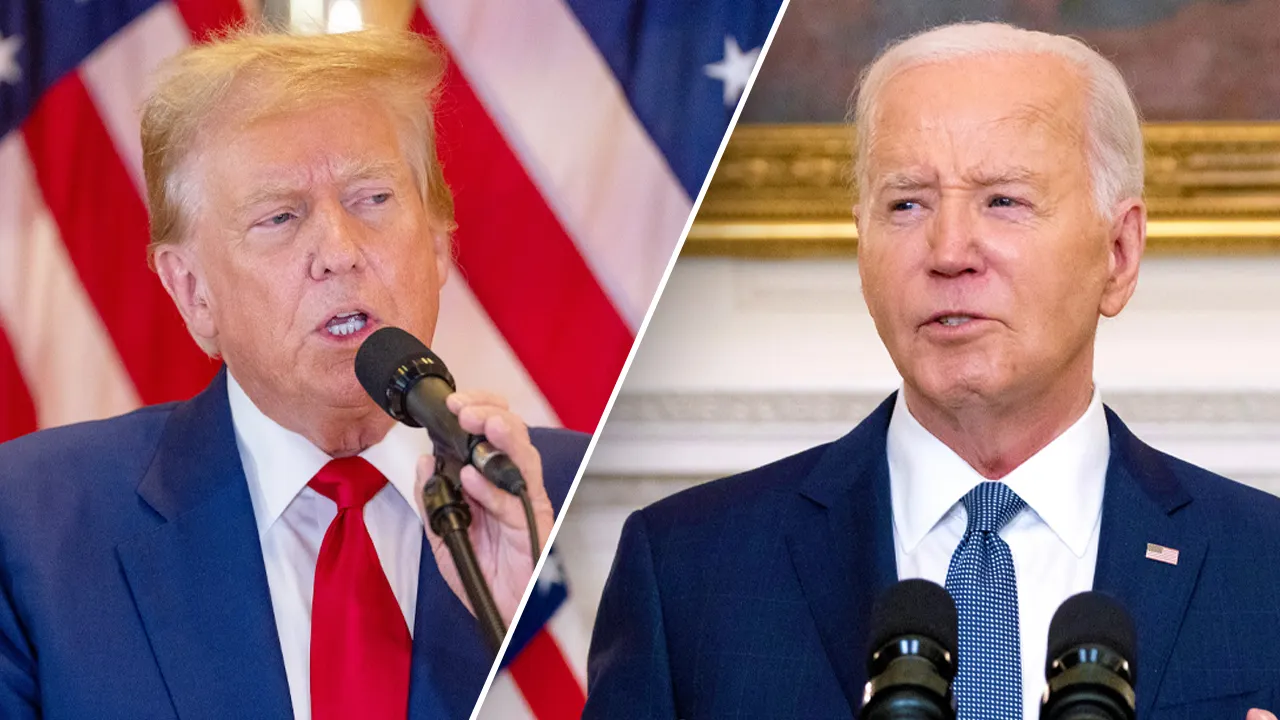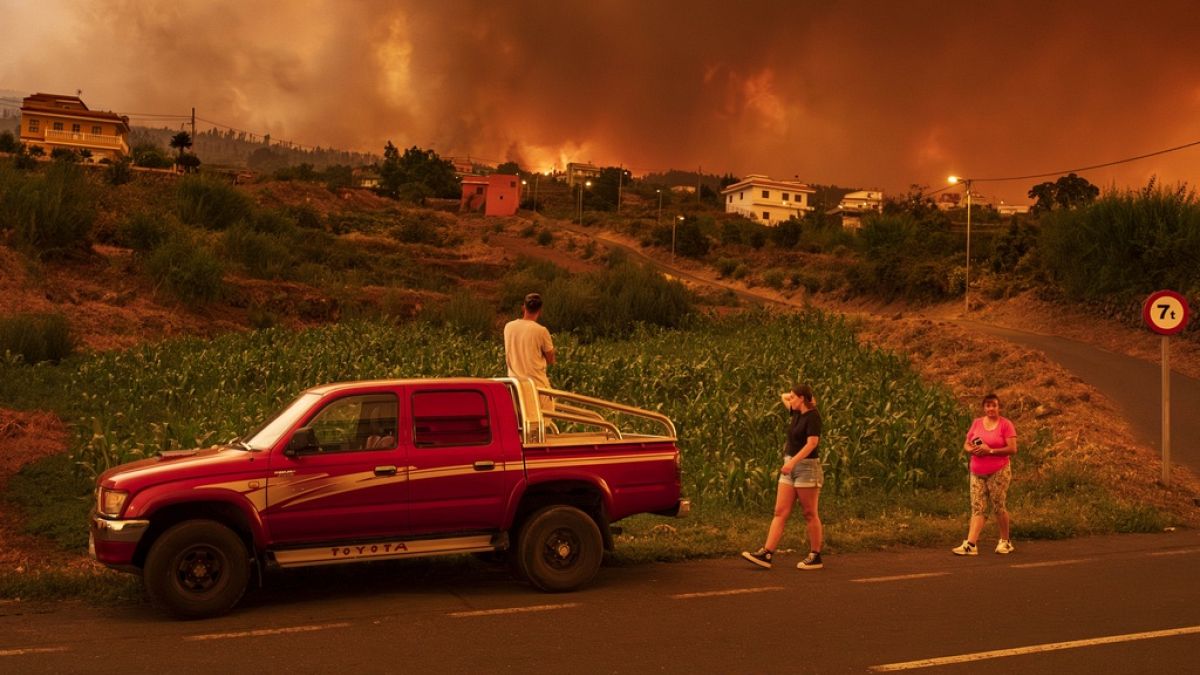Vermont
Rare sheep to be bred on Vermont farm

GLOVER, Vt. (WCAX) – Vermont has never seen the likes of Mark Rodgers’ sheep.
In a few months, Rodgers will be the first person in the Western Hemisphere with Dutch Spotted Sheep.
“It’s fun to be leading a charge on something that I think is going to have some long-term benefits to the entire sheep industry in the United States,” Rodgers said, surrounded by sheep at his MKVT Farm in Glover.
Native to the Netherlands, Dutch Spotted Sheep are known for their hardy build, strong maternal instincts, grazing thoroughly and fattening quickly, and their signature spotty coats. Up until 2022, it was illegal to import Dutch Spotted Sheep embryos in the United States. Rodgers is the first to do it, purchasing eight embryos for $1,100 from a breeder in Great Britain.
This December, Rodgers road-tripped with his sheep to Tufts University’s vet program. Doctors implanted Dutch Spotted Sheep embryos in eight surrogate sheep. Six weeks later, Hannah Mullen with Cold Hollow Veterinary Services did their ultrasounds, discovering a whopping seven pregnancies.
“First one, first two, I was getting pretty excited about it,” Mullen recalled with a smile. “And then to actually have seven out of eight is just absolutely unheard of, like I was shocked. So we were all absolutely thrilled.”
Rodgers says he couldn’t believe his luck.
“I just rode that wave right through the entire procedure,” Rodgers said. “You know, we all had smiles on our faces and frankly, couldn’t believe it.”
Mullen, who worked with Dutch Spotted Sheep in Ireland, says she believes the breed could transform Vermont agriculture.
“Sheep are an interesting way for agriculture, especially in a state like Vermont, to kind of stay present, to stay relevant,” Mullen said. “It’s an interesting way for people that don’t necessarily have the land or the capacity to have bigger animals to get into farming.”
With excellent grazing abilities and extra meat on their bones, Rodgers says Spotted Sheep could be more profitable than standard sheep and fill a hole left by declining dairy farms.
“I think they play an important part in revitalizing and adding some stability to Vermont agriculture,” Rodgers said.
Rodgers is already hearing from local farmers interested in buying his Spotted Sheep offspring. He says he’s excited to breed his flock, but for now his sights are set on their due date of May 5.
“We’re going to be looking for little black and white Spotted Sheep running around,” Rodgers laughed.
Copyright 2024 WCAX. All rights reserved.

Vermont
Vermont State Police seek public’s help in ATV thefts in Richford – Newport Dispatch

RICHFORD — Vermont State Police are calling for assistance from the community in identifying a suspect involved in the recent theft of two all-terrain vehicles (ATVs) in Richford.
The first theft occurred on May 28 at approximately 7:25 a.m. on Dubois Drive in Highgate, where an ATV was stolen and later discovered after an accident on private property.
A trail camera captured an image of the suspect, described as wearing black pants and a grey sweatshirt, at the crash site.
In a separate incident the following day, the same trail camera recorded a person driving another ATV, which had been reported stolen from a nearby garage.
The individual in the image was dressed in jeans and a black vest.
The stolen vehicles have been returned to their rightful owners.
Authorities have not yet identified the accused and are urging anyone with information to come forward to aid in the investigation.
Witnesses or those with relevant information are encouraged to contact Vermont State Police at 802-524-5993.
Vermont
Paper mill in Vermont to close – American Recycler: Your reliable companion in the world
Soundview Vermont Holdings LLC, a division of Marcal Paper but known by the name of Putney Paper, has closed.
The paper mill, located in downtown Putney, Vermont and its converting plant, together employ 127 people. It is the end of an era started more than 200 years ago when the first paper mill was established in Putney.
Stephen Prentiss, labor and employment counsel for Marcal, which is based in New Jersey, confirmed that the Vermont plant would be closing.
In a press release issued on behalf of the company, Soundview Vermont President Rob Baron said the papermaking division of the mill will cease operation immediately but that the paper converting division will remain open until the end of the 2024 first fiscal quarter, and the end of March.
“Despite our best efforts to sustain operations at this historic paper mill, we had no choice but to shut down operations,” said Baron in a statement.
“The high cost of energy in the region has made it unaffordable to keep our doors open. Our top priority moving forward will be supporting our incredible employees and their families throughout this difficult transition.”
Soundview Vermont acquired Putney Paper Mill in 2012. Over the past decade, the company said it has invested tens of millions of dollars to strengthen the mill, but the rising energy costs are “insurmountable to sustain operations.”
Vermont
Vermont becomes 1st state to enact law requiring oil companies pay for damage from climate change

(AP) — Vermont has become the first state to enact a law requiring fossil fuel companies to pay a share of the damage caused by climate change after the state suffered catastrophic summer flooding and damage from other extreme weather.
Republican Gov. Phil Scott allowed the bill to become law without his signature late Thursday, saying he is very concerned about the costs and outcome of the small state taking on “Big Oil” alone in what will likely be a grueling legal fight. But he acknowledged that he understands something has to be done to address the toll of climate change.
“I understand the desire to seek funding to mitigate the effects of climate change that has hurt our state in so many ways,” Scott, a moderate Republican in the largely blue state of Vermont, wrote in a letter to lawmakers.
The popular governor who recently announced that he’s running for reelection to a fifth two-year term, has been at odds with the Democrat-controlled Legislature, which he has called out of balance. He was expected by environmental advocates to veto the bill but then allowed it to be enacted. Scott wrote to lawmakers that he was comforted that the Agency of Natural Resources is required to report back to the Legislature on the feasibility of the effort.
Last July’s flooding from torrential rains inundated Vermont’s capital city of Montpelier, the nearby city Barre, some southern Vermont communities and ripped through homes and washed away roads around the rural state. Some saw it as the state’s worst natural disaster since a 1927 flood that killed dozens of people and caused widespread destruction. It took months for businesses — from restaurants to shops — to rebuild, losing out on their summer and even fall seasons. Several have just recently reopened while scores of homeowners were left with flood-ravaged homes heading into the cold season.
Under the legislation, the Vermont state treasurer, in consultation with the Agency of Natural Resources, would provide a report by Jan. 15, 2026, on the total cost to Vermonters and the state from the emission of greenhouse gases from Jan. 1, 1995, to Dec. 31, 2024. The assessment would look at the effects on public health, natural resources, agriculture, economic development, housing and other areas. The state would use federal data to determine the amount of covered greenhouse gas emissions attributed to a fossil fuel company.
It’s a polluter-pays model affecting companies engaged in the trade or business of extracting fossil fuel or refining crude oil attributable to more than 1 billion metric tons of greenhouse gas emissions during the time period. The funds could be used by the state for such things as upgrading stormwater drainage systems; upgrading roads, bridges and railroads; relocating, elevating or retrofitting sewage treatment plants; and making energy efficient weatherization upgrades to public and private buildings. It’s modeled after the federal Superfund pollution cleanup program.
“For too long, giant fossil fuel companies have knowingly lit the match of climate disruption without being required to do a thing to put out the fire,” Paul Burns, executive director of the Vermont Public Interest Research Group, said in a statement. “Finally, maybe for the first time anywhere, Vermont is going to hold the companies most responsible for climate-driven floods, fires and heat waves financially accountable for a fair share of the damages they’ve caused.”
Maryland, Massachusetts and New York are considering similar measures.
The American Petroleum Institute, the top lobbying group for the oil and gas industry, has said it’s extremely concerned the legislation “retroactively imposes costs and liability on prior activities that were legal, violates equal protection and due process rights by holding companies responsible for the actions of society at large; and is preempted by federal law.”
“This punitive new fee represents yet another step in a coordinated campaign to undermine America’s energy advantage and the economic and national security benefits it provides,” spokesman Scott Lauermann said in a statement Friday.
Vermont lawmakers know the state will face legal challenges, but the governor worries about the costs and what it means for other states if Vermont fails.
State Rep. Martin LaLonde, a Democrat and an attorney, believes Vermont has a solid legal case. Legislators worked closely with many legal scholars in crafting the bill, he said in statement.
“Most importantly, the stakes are too high – and the costs too steep for Vermonters – to release corporations that caused the mess from their obligation to help clean it up,” he said.
-

 News1 week ago
News1 week agoRead the I.C.J. Ruling on Israel’s Rafah Offensive
-

 World1 week ago
World1 week ago€440k frozen in Italy over suspect scam by fake farmers
-

 News1 week ago
News1 week agoVideo: Protesters Take Over U.C.L.A. Building
-

 World1 week ago
World1 week agoHoping to pave pathway to peace, Norway to recognise Palestinian statehood
-

 News1 week ago
News1 week agoLegendary U.S. World War II submarine located 3,000 feet underwater off the Philippines
-

 Politics1 week ago
Politics1 week agoNYC Mayor Eric Adams announces Urban Rat Summit to combat rodent crisis: 'I hate rats'
-

 Politics1 week ago
Politics1 week agoAOC demands Senate Democrats investigate reports of Jan. 6 flags flown at Supreme Court Justice Alito's home
-

 Science1 week ago
Science1 week agoSecond human case of bird flu detected in Michigan dairy worker



















